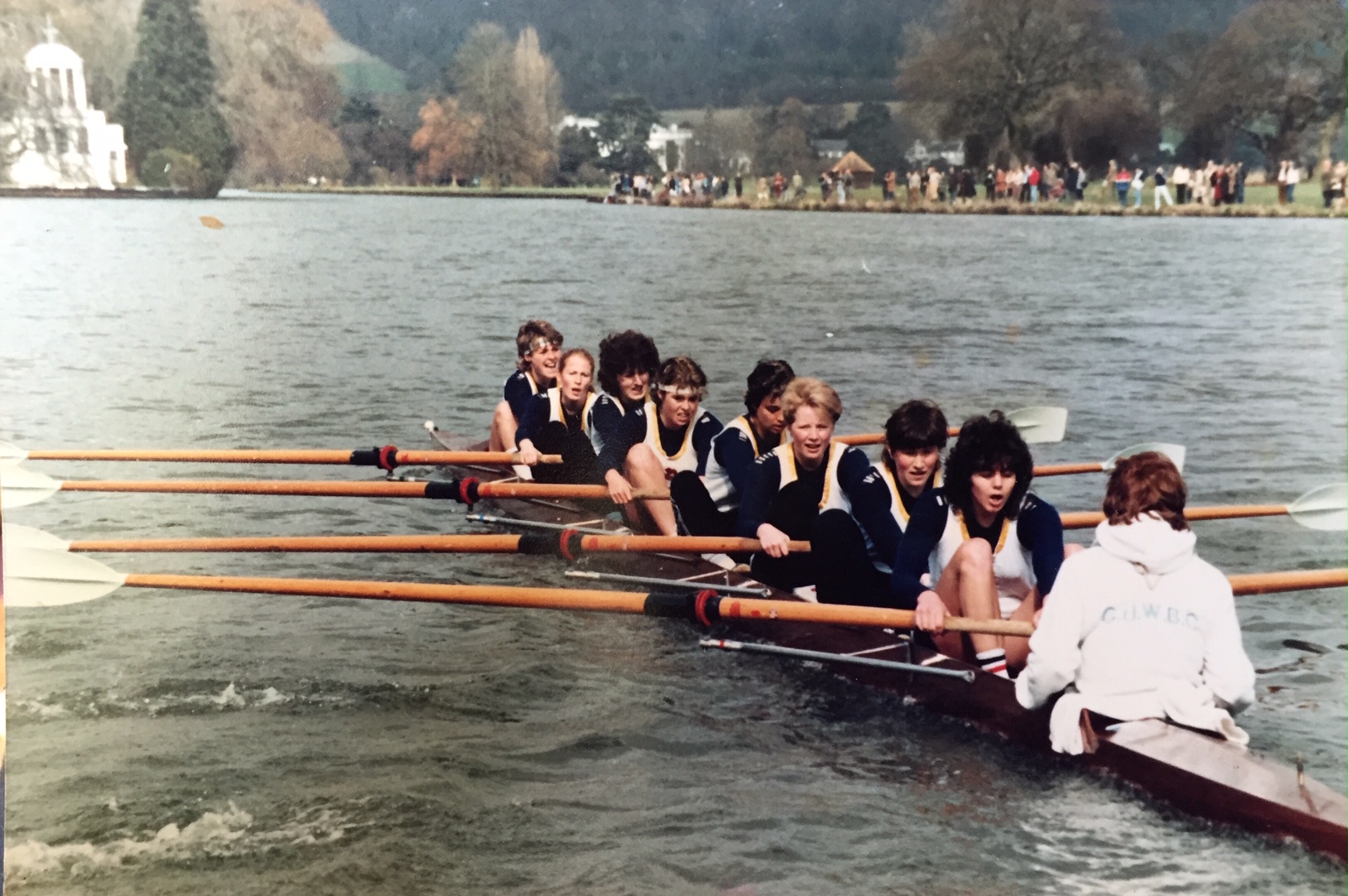Claire Harbour (1983) is a coach, talent advisor and the author of Disrupt Your Career. Claire’s international career has taken her from corporate management to coaching individuals and organisations. Here she describes her own path since St John’s and shares her expert perspective on the graduate recruitment market and making big career changes.
I came to St John’s believing I was going to be a foreign correspondent, but I recognised I was not emotionally cut out for war zones. Nevertheless I wanted to have an international aspect to my career so I went into business, about which I knew strictly nothing. I just wanted to be far away from Europe and North America, where I had already grown up and travelled. My career has meandered and jumped and flown in multiple directions since.
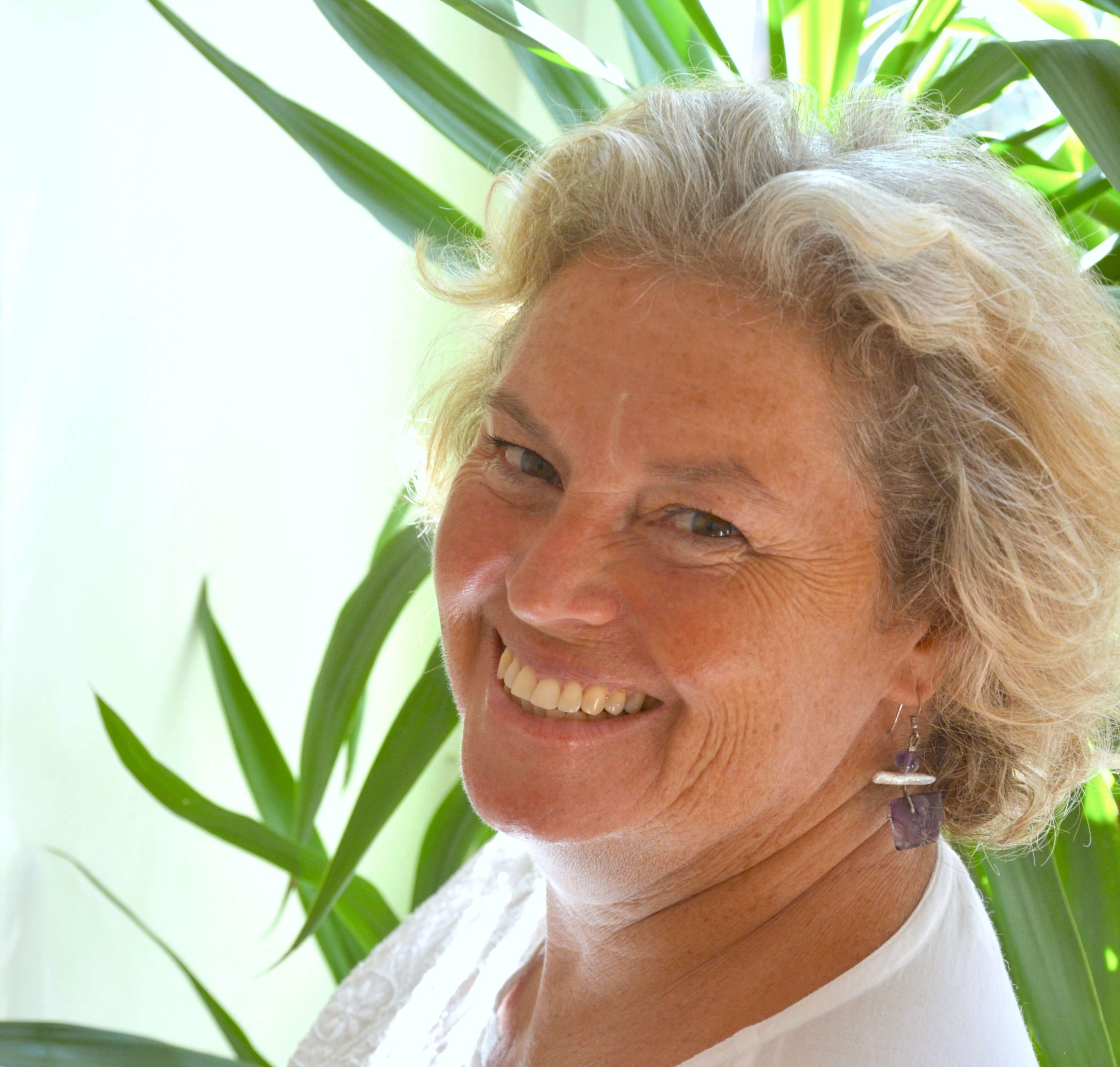
I fell into management by serendipity and got to run some extraordinary businesses. In Hong Kong I created and launched a fashion brand, including retail distribution, in less than six months. In the Philippines and Thailand I worked with extraordinary teams to ensure that Walmart and other large retail clients were supplied with hundreds of thousands of abaca placemats and baby rompers.
Via an MBA I moved into the luxury sector, and I ran businesses for LVMH and a couple of smaller brands globally. This gave me the relevant experience to work in strategy consulting, where the work we did led to the recommendation that Ericsson mobile phones merge with Sony, and then in executive search (headhunting), where I helped to identify and attract CEOs and other leaders to client companies such as Armani, GE and Hilton.
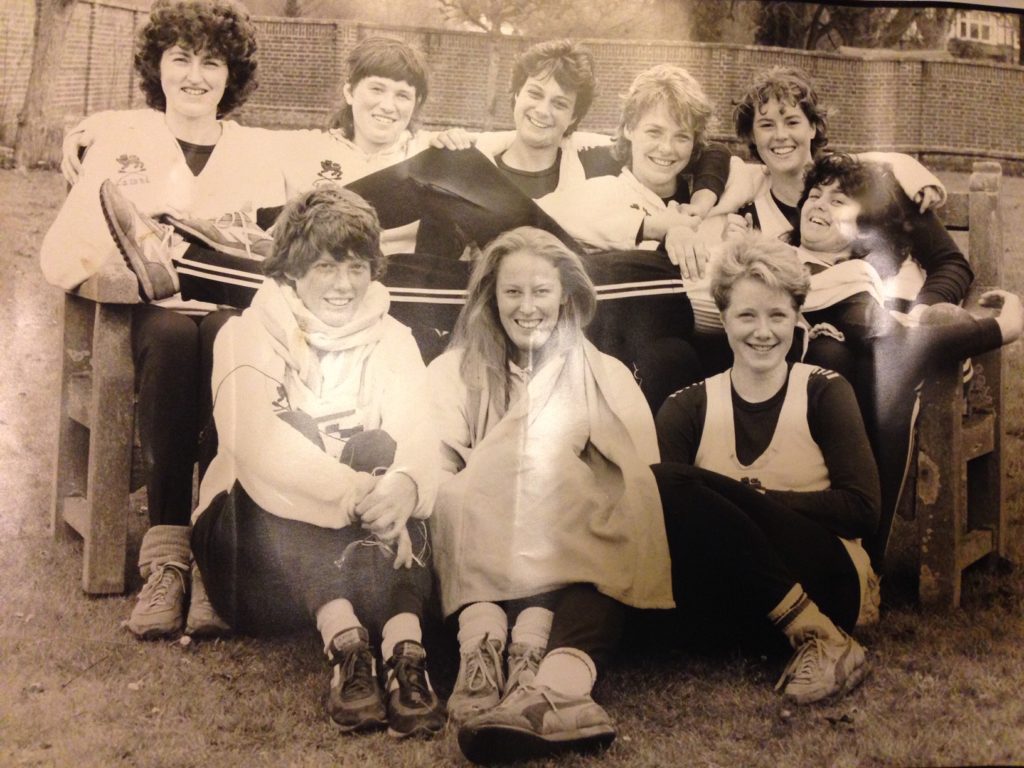
I have always been most interested in what motivates the humans in a business to do well and to do good, or not… So, little by little, I moved away from navigating the politics and explicit growth ladder in the corporate world and became independent, working first in Learning and Development, and then in Coaching. I now specialise in working with clients who are making massive, messy career changes and want to be challenged and supported in their transitions.
My book Disrupt Your Career addresses anyone who is thinking about careers, either as an individual, aiming to make big and meaningful changes, or as a leader, considering how best to manage and motivate the talent working in a team. Traditionally careers were perceived to be linear and progressive, mostly in a straight line, but in the past 20 years, and hastened by more dramatic events in the past few years, that linearity has gone, and we can all expect more frequent and drastic changes in what we do, where we do it and how and why we find our career motivation. In the book, my co-author and I tell almost 50 career stories across nine types of transition; from athletics to business, for-profit to non-profit, and so on. From these stories we draw wisdom and advice, and we construct some models and frameworks to help plan and optimise any career transition, whether modest or extreme.
The pandemic has given almost all of us a chance to rethink and reevaluate how we earn our living and find fulfillment in our work. The necessity to work from home has pushed organisations to rethink, and many workers have lost their former jobs and need to think and act creatively to find new livelihoods. The key is to slow down to speed up. Whatever your circumstances, there is still time to be mindful in your choices, to be more focused on finding the ‘ikigai’; the place where what you love, what you are good at, what the world needs and what someone is willing to pay for intersect. Expressing these optimistic, growth-fuelled ideas does not mean that I do not recognise the devastation that some have suffered economically, but it does mean that there are always expansive ways to explore the next stage.
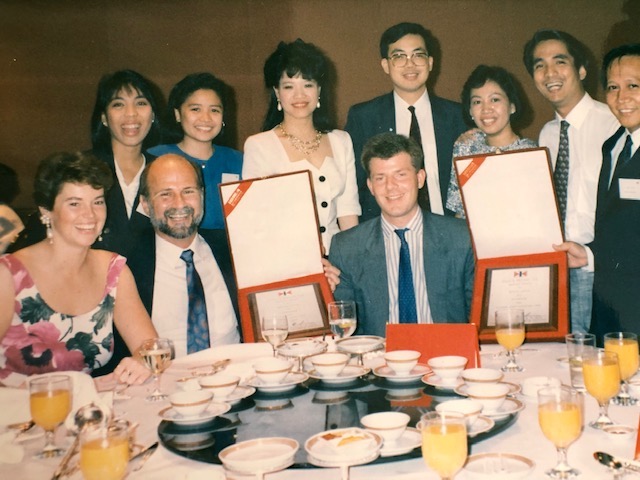
The more or less non-stop bull-market of the past fifteen years has given the impression that classic, corporate careers in investment banking, tech or consulting are the only prizes worth pursuing on graduation. When you are young, however, there is less at stake. You can take a year or two to explore ideas, places, environments and contexts. It is your chance to experiment and have a greater chance of choosing what is right for you, when you are ready. If you wait until you are forty to realise that you have gone down a mistaken one-way street that can be much more painful!
In the graduate recruitment market, the stakes grow every year. I have it on reasonable authority that McKinsey, for example, will not look at a graduate CV if there is not something truly outstanding on it, like representing your country at the Olympics, or creating a startup that is already worth a million. They have too many first-class degrees from Oxbridge, with internships at IBM or Goldman Sachs to choose from, so they push the bar ever higher. So, what can you do? I believe the only thing is to continue to be who you are, try lots of extra-curricular activities that reflect your personality and talents, and realise that success does not begin and end at McKinsey and Google.
The Stanford SEED program is an extraordinary one that provides both MBA-type learning and coaching for business leaders in Africa and India. I was recruited last year to join the programme as a coach for a year in Ghana. Of course, that has not yet happened, but I have had the privilege of coaching a business leader in EdTech over the past six months, and this has been fascinating. During that time he has learnt to become a leader rather than a manager, and his company and IP are the subject of a very friendly and generous takeover bid, so we have both had great fun while learning from each other. When the pandemic cools down in Africa, I will be travelling throughout West Africa, with Accra as a base, to help leaders build their businesses and capacities. I cannot wait – not least because this is the only continent I have never yet worked in!
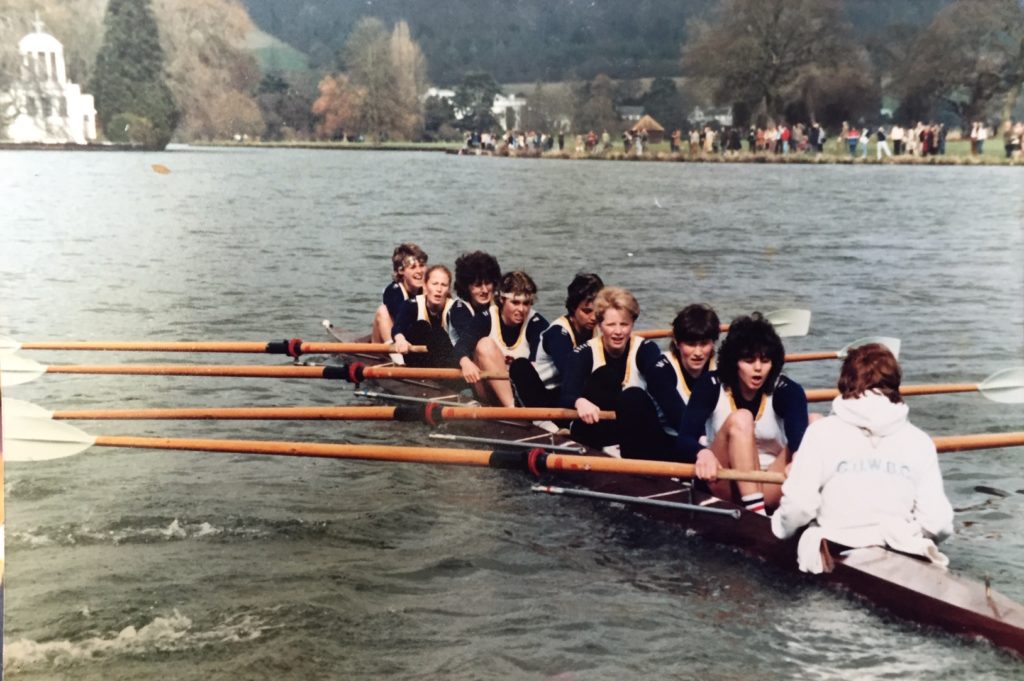
Rowing for the LMBC and CUWBC was a privilege and a godsend for me. I was lucky already to be a confident basher-down of doors before I got to St John’s, and I had been to a boys’ school and started rowing before coming up. So, as part of only the second year of women in College, I went straight into the first boat, and then into Blondie in my second year. I have a low threshold for boredom, so I was thrilled to have something that challenged me to keep improving alongside a group of women whom I did not previously know. Pursuit of excellence and novelty has always been important to me, and rowing was a fabulous outlet for this.
If you would like to make contact with Claire, you can reach her via LinkedIn or her website.

